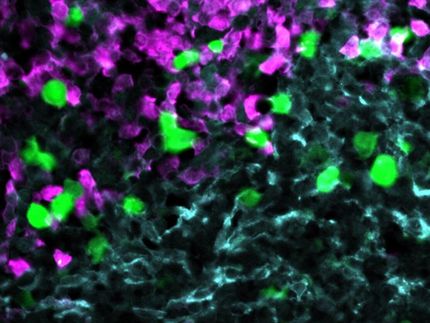Lorus signs agreement with Japan's Sumitomo Pharmaceuticals and Koken Co. Ltd.
Lorus Therapeutics Inc. announced that it has signed a collaboration agreement with Sumitomo Pharmaceuticals Co. Ltd. and Koken Co. Ltd. According to terms of the agreement, Lorus will provide Sumitomo proprietary antisense oligonucleotides complementary to Thioredoxin mRNA, specifically the lead drug candidate, GTI-2601. The collaboration agreement provides for Lorus, Sumitomo and Koken to jointly own the compounds that result from this collaboration (Lorus: Sumitomo and Koken, 1:1). Financial terms of this agreement were not disclosed.
Thioredoxin is involved in tumor formation, progression and metastasis by a variety of mechanisms. Tumor samples from patients with lung, colon, cervical, gastric and hepatocellular carcinoma, squamous cell carcinoma, myeloma, non-Hodgkins lymphoma, mesothelioma, and acute lymphocytic leukemia, show elevated levels of Thioredoxin. Furthermore, expression levels of Thioredoxin correlate with disease prognosis.
Over-expression of Thioredoxin has been linked with resistance to chemotherapeutic agents. Given these observations, reducing the level of Thioredoxin with antisense drug should interfere with multiple pathways that lead to cancer progression. Through an in vitro and in vivo screening process, Lorus has demonstrated that GTI-2601 has target and sequence specific anti-cancer activity in vitro, using cultured human cancer cells, and potent anti-tumor and anti-metastatic activity in vivo in animal models of human cancers.
Sumitomo and Koken have developed an advanced delivery system based on collagen complexed with macromolecules. Published data, from a study using a pre-clinical animal disease model, demonstrate that injection of the delivery technology complexed to antisense oligonucleotides is more effective than uncomplexed oligonucleotides.
Furthermore, improved efficacy was demonstrated at decreased doses. Coupled with an effective antisense drug like GTI-2601, against a proven cancer target, this technology holds much promise from efficacy, safety, manufacturing and commercial perspectives.
Other news from the department business & finance

Get the life science industry in your inbox
By submitting this form you agree that LUMITOS AG will send you the newsletter(s) selected above by email. Your data will not be passed on to third parties. Your data will be stored and processed in accordance with our data protection regulations. LUMITOS may contact you by email for the purpose of advertising or market and opinion surveys. You can revoke your consent at any time without giving reasons to LUMITOS AG, Ernst-Augustin-Str. 2, 12489 Berlin, Germany or by e-mail at revoke@lumitos.com with effect for the future. In addition, each email contains a link to unsubscribe from the corresponding newsletter.

























































